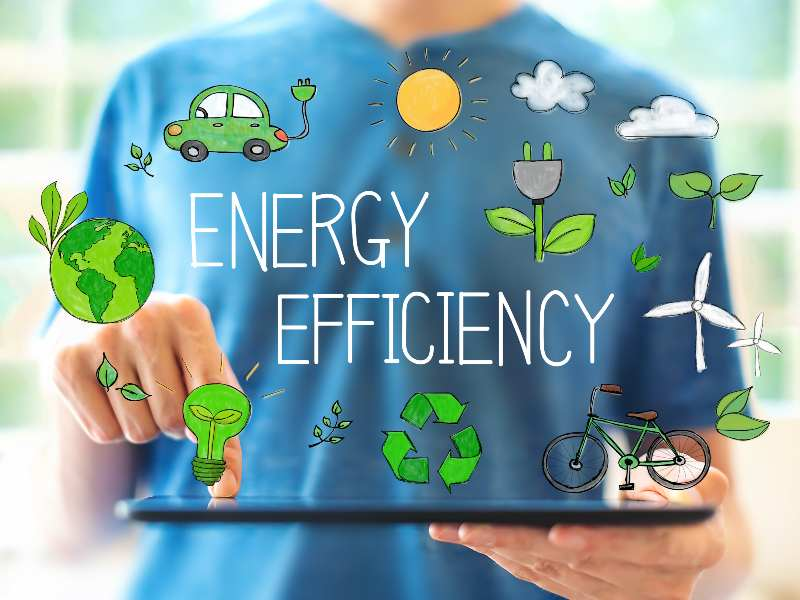
Africa, a continent with vast natural resources and growing economies, faces significant challenges in meeting its energy demands efficiently. Energy efficiency, a critical component of sustainable development, plays a pivotal role in addressing energy access, reducing waste, and promoting economic growth across the continent.
Current Energy Landscape in Africa
Africa’s energy landscape is characterized by:
- Low access to modern energy services, particularly in Sub-Saharan Africa.
- Heavy reliance on traditional biomass for cooking and heating.
- Growing demand for energy driven by population growth, urbanization, and economic development.
- Limited investment in energy efficiency measures due to various barriers.
Importance of Energy Efficiency in Africa
Energy efficiency is crucial for Africa’s development for several reasons:
- Reduced Energy Waste: Minimizing energy waste lowers overall energy demand, reducing the need for new power generation.
- Lower Energy Costs: Efficient energy use decreases costs for consumers and businesses, boosting economic competitiveness.
- Improved Energy Access: Efficient systems can extend limited energy resources to more people.
- Environmental Benefits: Reduced energy consumption lowers greenhouse gas emissions and other pollutants.
Areas for Energy Efficiency Improvements in Africa
Key areas where energy efficiency can make a significant impact include:
- Buildings and Construction: Implementing energy-efficient designs and retrofits can reduce energy consumption.
- Industry: Adopting efficient technologies and practices can lower energy use and costs.
- Transportation: Promoting efficient vehicles and transport systems reduces fuel consumption.
- Appliances and Lighting: Using energy-efficient appliances and lighting cuts energy use.
Challenges to Implementing Energy Efficiency in Africa
Barriers to energy efficiency adoption in Africa include:
- Limited Awareness: Low awareness of energy efficiency benefits among consumers and businesses.
- Financial Constraints: High upfront costs of efficient technologies deter investment.
- Inadequate Policies: Weak or lacking policies and standards for energy efficiency.
- Technical Capacity: Limited expertise in implementing and maintaining efficient technologies.
Opportunities and Initiatives for Energy Efficiency in Africa
Despite challenges, there are growing opportunities and initiatives for energy efficiency in Africa:
- Renewable Energy Integration: Combining efficiency with renewables enhances sustainability.
- Green Building Initiatives: Projects promoting energy-efficient buildings are increasing.
- Energy Efficiency Standards: Some countries are developing standards for appliances and buildings.
- International Cooperation: Organizations like the African Development Bank support energy efficiency projects.
Examples of Energy Efficiency Projects in Africa
- South Africa’s Energy Efficiency Strategy: Aims to reduce energy intensity.
- Kenya’s Green Building Movement: Promotes energy-efficient construction.
- Ghana’s Energy Efficiency Standards: For appliances and lighting.
Conclusion
Energy efficiency in Africa is vital for sustainable development, offering benefits in energy access, cost savings, and environmental protection. Addressing challenges through awareness, policy support, and investment can unlock efficiency’s potential across the continent.
Summary
Energy efficiency is key to Africa’s sustainable energy future. Despite challenges like limited awareness and financial constraints, opportunities in renewables, green buildings, and standards development are growing. Initiatives across countries show the potential for efficiency improvements.
